United Airlines recently announced a change to their recognition program that resulted in some pretty hard feelings on the part of employees and – after several days of bad press and an employee-led Change.org petition – they “pressed the pause button” on the intended change. Instead of offering non-cash rewards, United has been recognizing employees for quarterly operational goals and attendance with cash bonuses. They announced recently that they would do away with the cash program, replacing it with a raffle for cash prizes. The outcry was immediate.
In his INC article, “United Airlines’ President Just Showed How Not to Talk to Employees (and Now They’re Mad as Hell),” Chris Matyszczyk explained the now-abandoned plan. Instead of each individual being rewarded for performance, United opted for “the removal of their quarterly performance bonuses, to be replaced by a lottery, in which someone could win $100,000 and others could get a few other prizes. Such as $20,000. Or, um, $2,000.” Instead of being rewarded with a predictable cash bonus, employees would be entered into a drawing for a chance at a larger payout. Matyszczyk estimated that it represented an average loss of $1,200 per year for eligible employees, for a chance of winning more. Would each member of United’s team be willing to pay $1,200 for a chance in a raffle, if it was optional? Probably not.
Research on cash versus non-cash awards show that cash is problematic for a number of reasons. In his important work, “The Benefits of Tangible Non-Monetary Incentives,” Scott Jeffrey sheds light on the psychology around cash. Cash rewards are too easily mentally merged with compensation. When the goals are in front of people, they know what the cash value is, and they know they can hit those goals, the expectation is that there will be a payout. The cash reward just becomes another part of compensation. Whether or not they should, people rely it, they think of it as part of their paycheck, and the bonus goes to pay bills and set budgets.
What’s more, wages have been suppressed since the recession, in favor of bonuses. In her recent NY Times Article, “Where Did Your Pay Raise Go? It May Have Become a Bonus,” Patricia Cohen notes that “Pay-for-performance and other bonuses increasingly functioned as a release valve. Companies could offer more money to attract talent or when profits were strong, and pull back when business was slow. After the recession, the trend accelerated.” In other words, relying on cash bonuses instead of on increasing wages allows companies to be more flexible in adjusting compensation as needed, without actually reducing a paycheck.
So what’s the answer? United Airlines should rely on two long-standing pillars of employee engagement: fair compensation and non-cash rewards. They would be better off with the solid foundation of reasonable pay and memorable non-cash rewards, with a higher perceived value associated with the employer brand. This would give United the flexibility to reassess and redirect their recognition program, adjusting goals and budgets as needed, without threatening the perceived compensation of every eligible employee.
Non-cash recognition and rewards programs are a best practice. They build your company culture, inspire performance, and allow people to focus on their goals instead of the payout. Once the cash culture is created, it can be pretty tough to change without having a negative impact on the lives of every employee. And that’s definitely not good for employee engagement and organizational results.
We’d be happy to discuss how a recognition program can help you to connect your team to your goals and brand values. Let us know how we can help.



